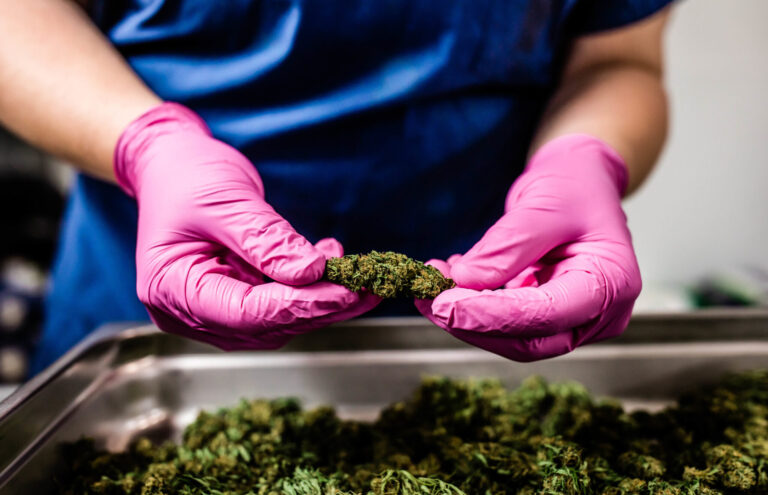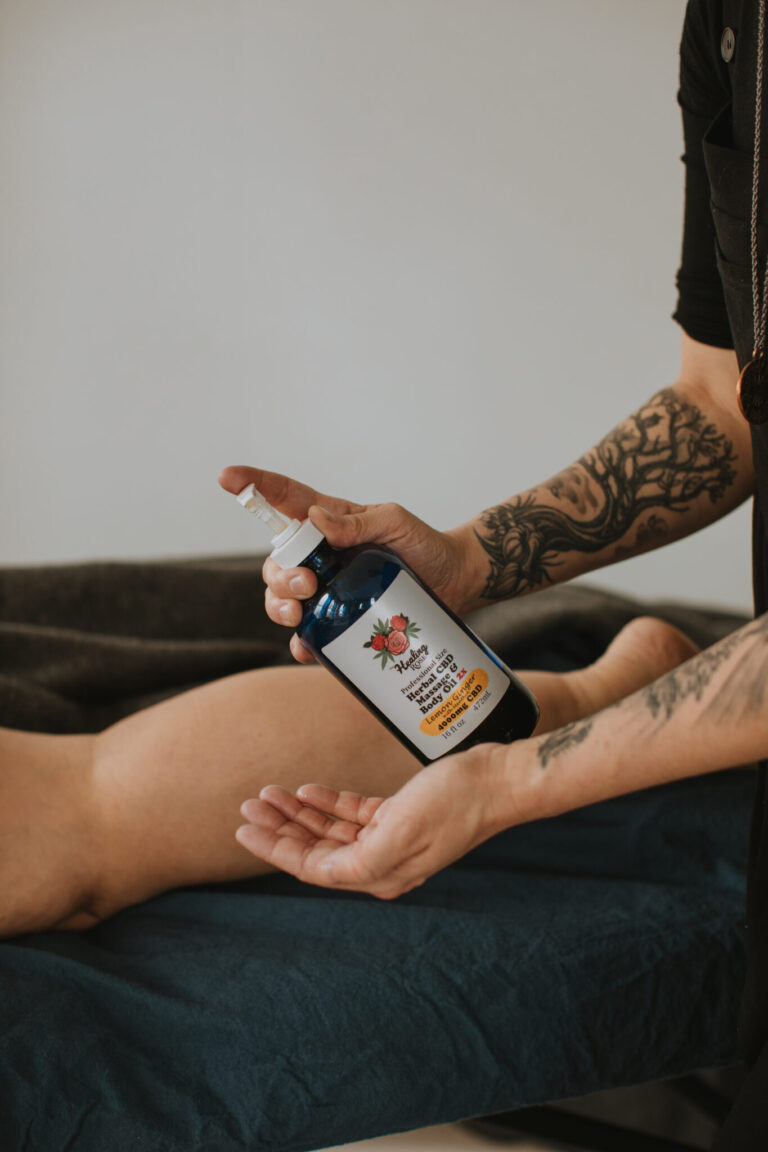
 At first glance THCV, or tetrahydrocannabivarin, sounds like it may be a type of THC, or tetrahydrocannabinol. These naturally occurring chemicals found in hemp and cannabis plants are in fact homologous, meaning they share a similar base structure at the molecular level, but they are far from identical.
At first glance THCV, or tetrahydrocannabivarin, sounds like it may be a type of THC, or tetrahydrocannabinol. These naturally occurring chemicals found in hemp and cannabis plants are in fact homologous, meaning they share a similar base structure at the molecular level, but they are far from identical.
Where THC is a major cannabinoid famous for giving cannabis users a classic high, THCV is a minor cannabinoid found primarily in dried plants which produces lower psychoactive effects.
In this edition of The Hemp Handbook from The Healing Rose, we will explore THCV, what benefits it may have for users, and its status within the larger hemp industry.
What is THCV?
At the molecular level, THCV and THC share similar structures, and differ with respect to their carbon chains. Where THC has a five-carbon chain, allowing it to bind easily with cannabinoid receptors in the human endocannabinoid system, the structure of THCV yields different interactions with these same receptors.
The THCV carbon chain is shortened by two units versus THC, and as a result, THCV can either activate or block cannabinoid receptors depending on the dose. We’ll explore this concept in more detail when we take a look at interactions with other cannabinoids.
How will THCV make me feel?
First of all, THCV is non-psychoactive. The compound is found primarily in dried hemp plant material, and though it has THC in its name, users do not report the characteristic high associated with THC and traditional cannabis consumption.
Instead, THCV functions like other minor cannabinoids, and can alter the body’s response to stress and other stimuli, often without a negative impact on cognition.
Early research indicates that THCV may have beneficial effects on sustained attention, validating community and user reports that the chemical improves concentration. Often noted for its unique energizing effects, THCV is associated with an uplifting effect and daytime use.
Are there any benefits to THCV, and how does it interact with other cannabinoids?
In addition to its uplifting and energizing repudiation, THCV may produce anti-inflammatory effects, suppress appetite, and improve focus.
Like other cannabinoids, THCV works on the body’s endocannabinoid system, and may produce feelings of relaxation.
The compound also has a reputation in the cannabis community as a weight loss miracle worker, with marketers leaning into language around appetite suppression and consumers reporting a focused, clean experience without the munchies – especially when combined with traditional THC or full spectrum products.
At low doses, THCV acts as an antagonist on our cannabinoid receptors. This means it blocks the receptor and can reduce the effects of other cannabinoids. This interaction helped THCV develop a reputation as a weight-loss miracle worker, leading to its nickname: diet weed.
Because of its unique chemical structure, dosing matters. At higher doses, THCV acts as an agonist: it activates cannabinoid receptors much like THC, without the intoxicating effects.
Like other minor cannabinoids we’ve explored, beneficial effects are often experienced most in combination with other cannabinoids. Full spectrum products will often contain both THC and THCV, along with CBD, CBG, CBN and other minor compounds.
Does this mean that THCV is diet weed?
No. While a powerful nickname, the FDA has not approved THCV as an appetite suppressant or a weight-loss supplement.
Community reports and individual users often state that THCV reduces their appetite, but there is no conclusive evidence that THCV can have an effect on weight loss.
Early research in rodents indicates that THCV has the potential for therapeutic benefits in the management of diabetes and obesity, but this science has yet to be replicated in human trials.
As with so much of cannabis and hemp science, the jury is still out. Decades of criminalization delayed or blocked ongoing research into the benefits of cannabis and its many components. Scientists and researchers are beginning to study and test community beliefs and hypotheses, and just as the healthcare system embraced medical marijuana for pain management, we will likely see more definitive findings and mainstream acceptance of ancillary benefits in the future.
Where can I buy products containing THCV?
THCV is quickly becoming popular alongside other minor cannabinoids. Ask your local budtender about products containing THCV, and explore The Healing Rose store, here.
At The Healing Rose, we offer our Uplift Oil, made with THCV, CBG and CBD, in a 1 ounce dropper. A twist on classic CBD oil, many of our customers use it everyday, writing that “this product allows me to feel calm, in control yet energetic.”
Copyright © 2025 The Healing Rose All Rights Reserved.
Site by CannaPlanners



